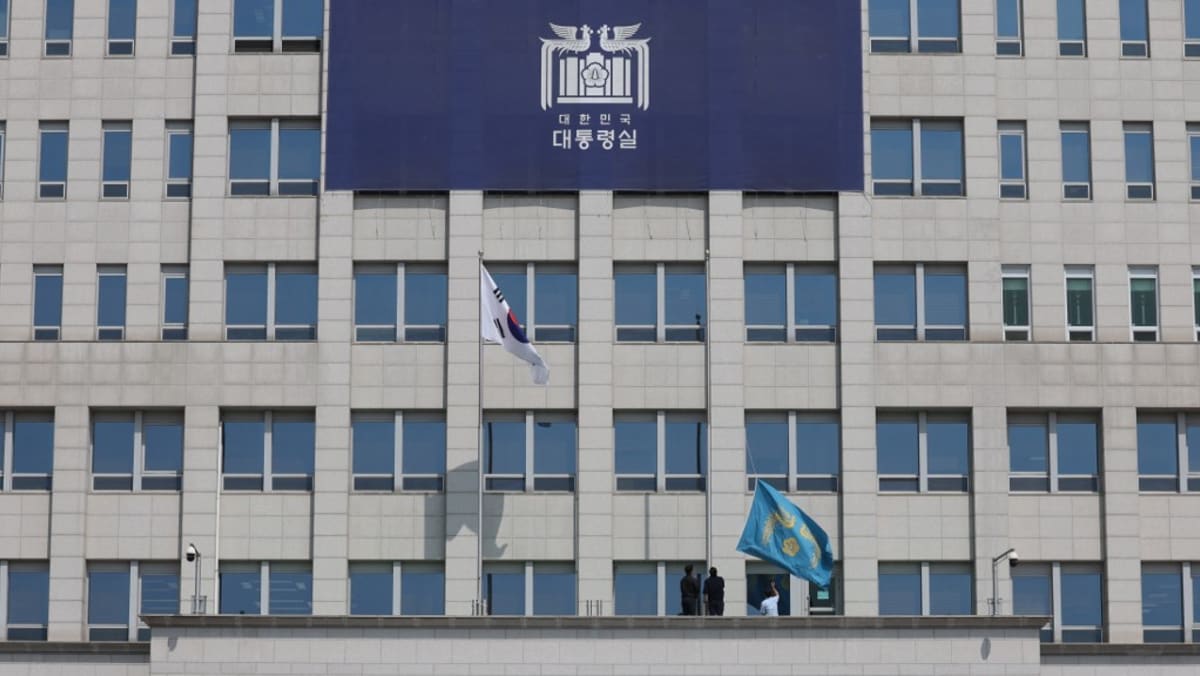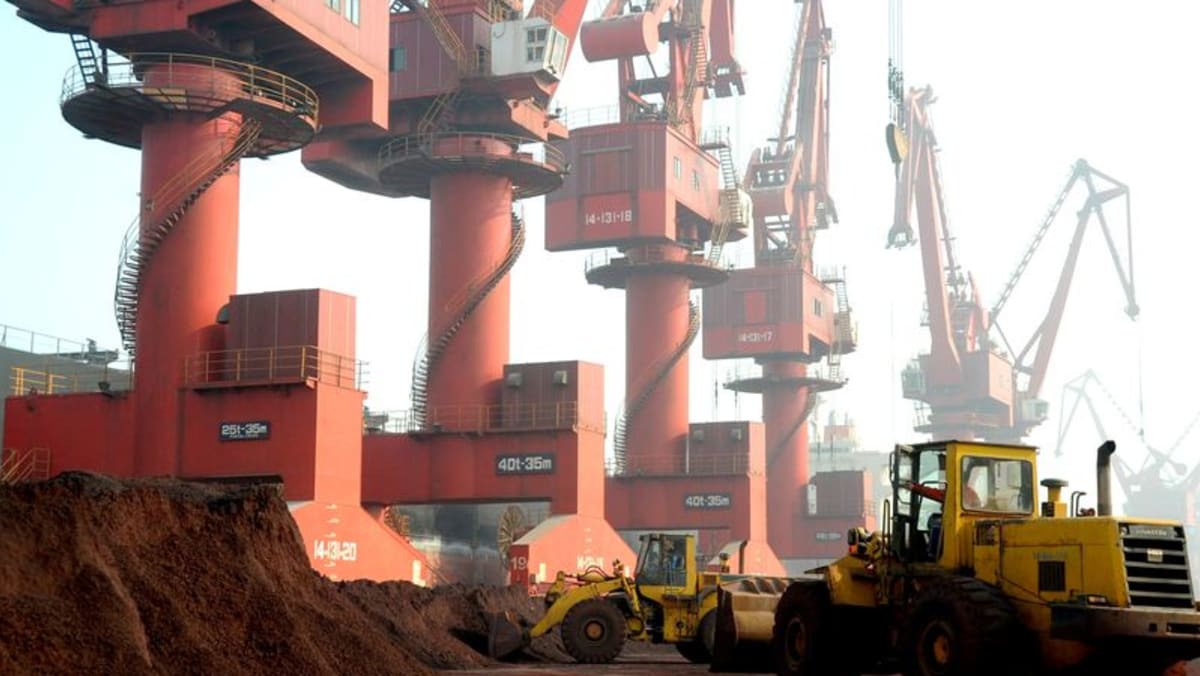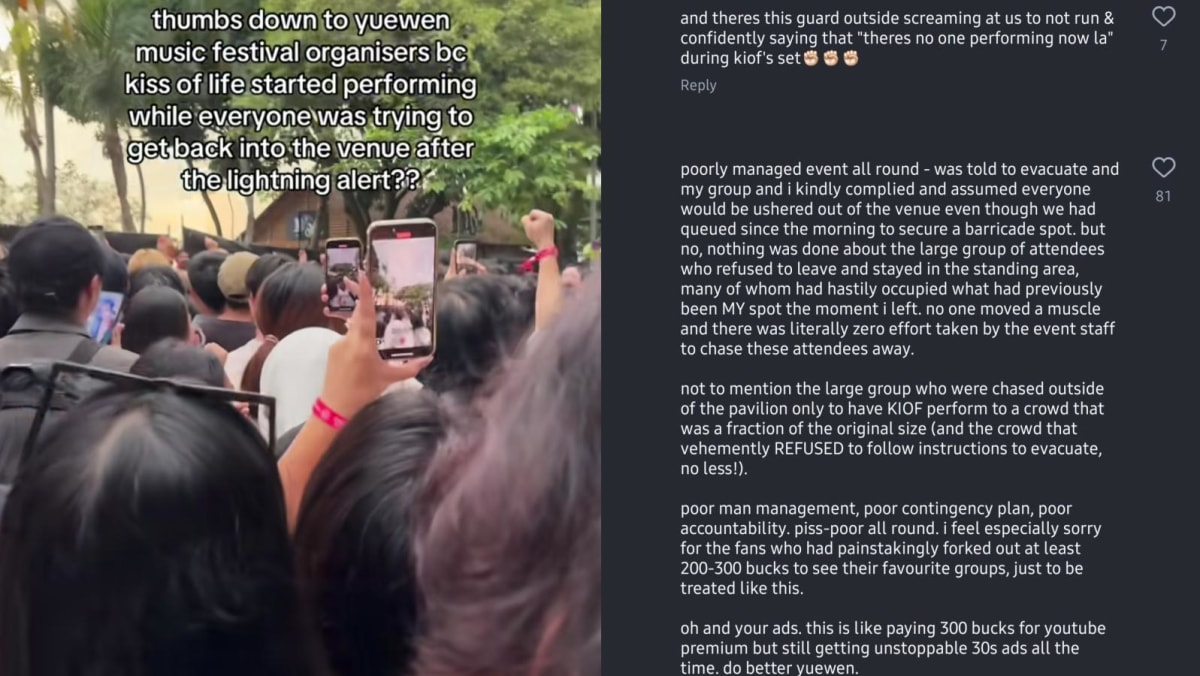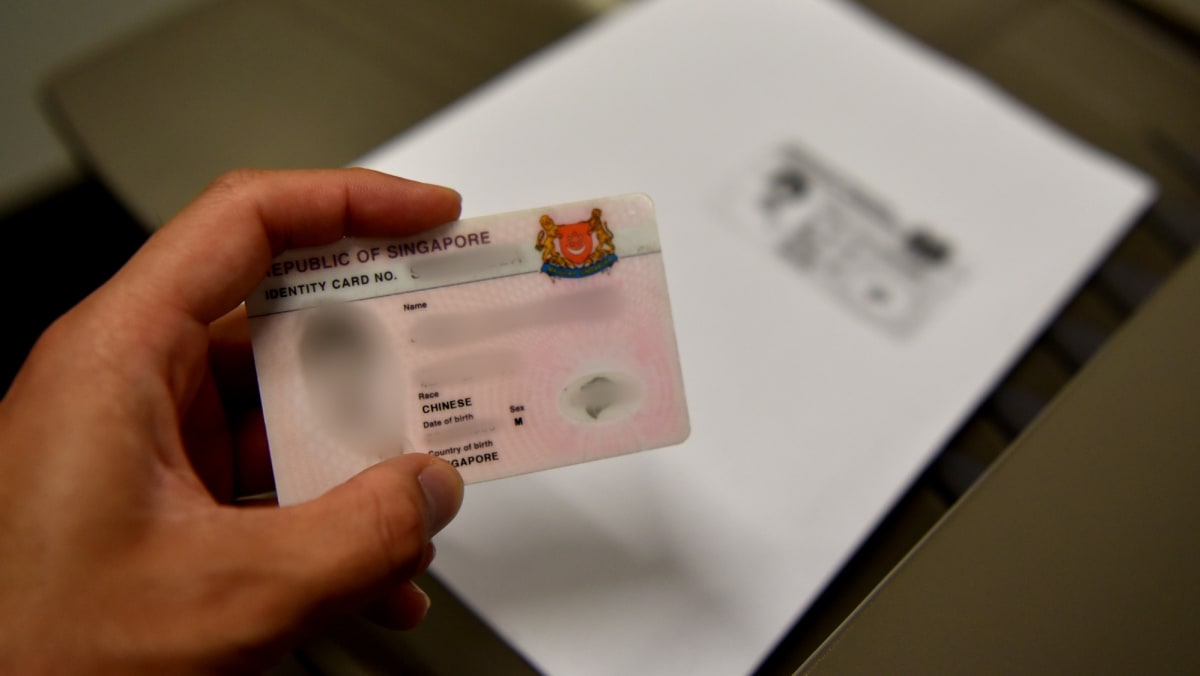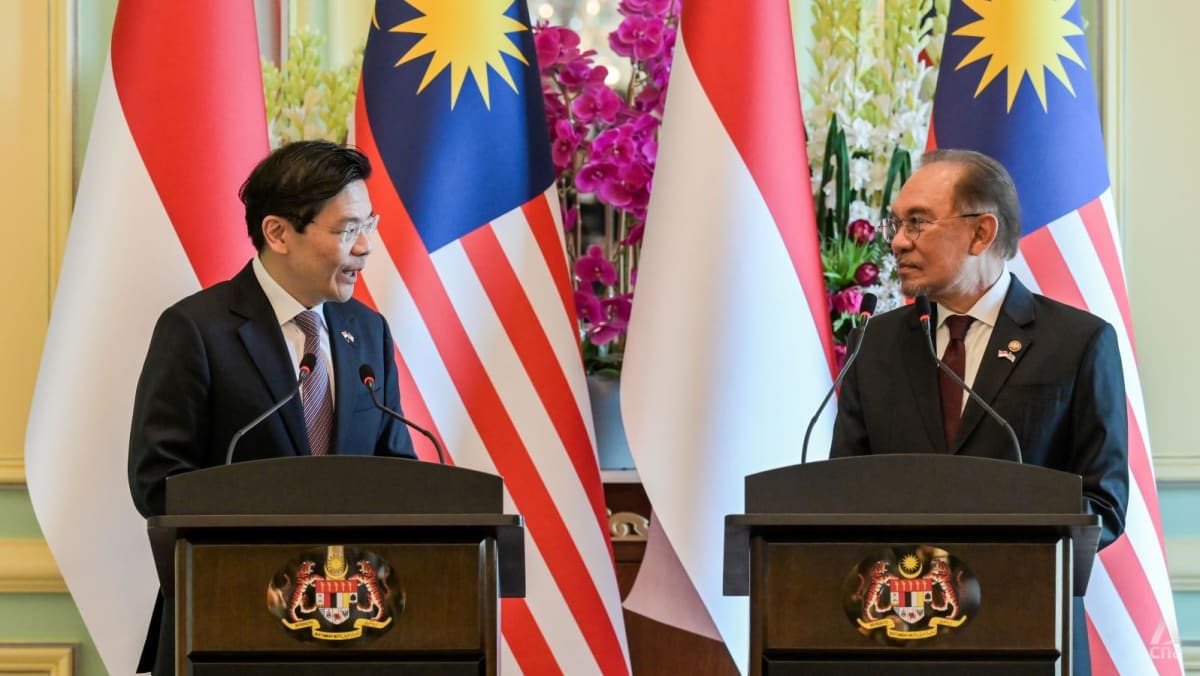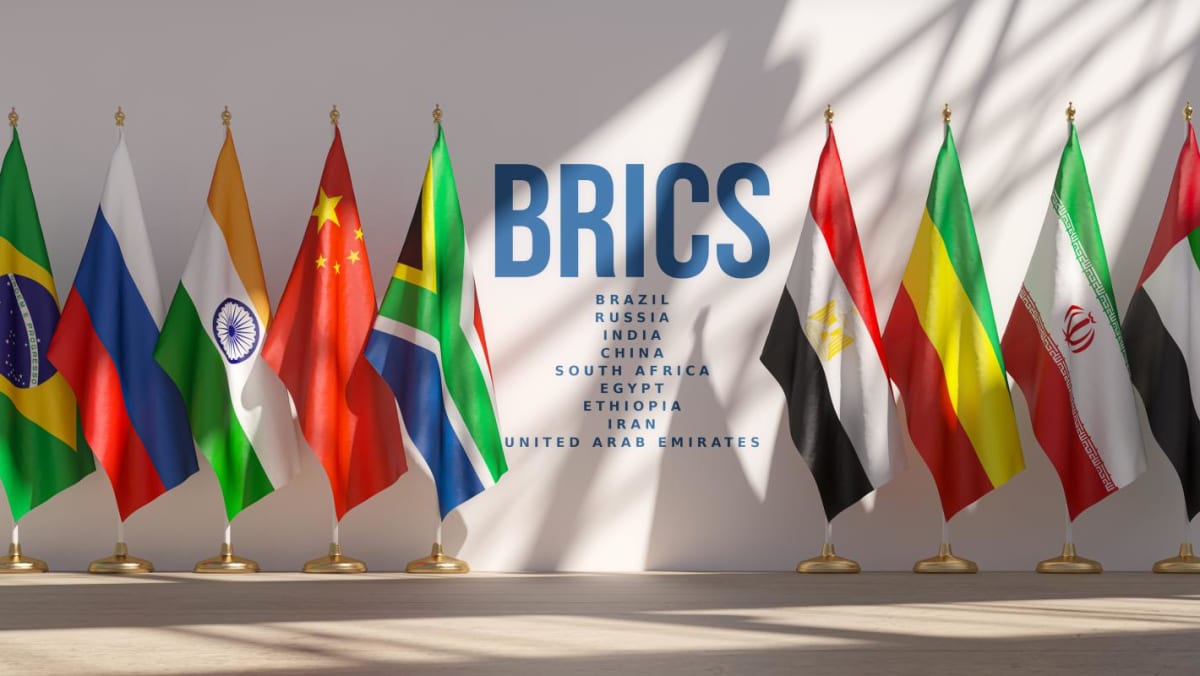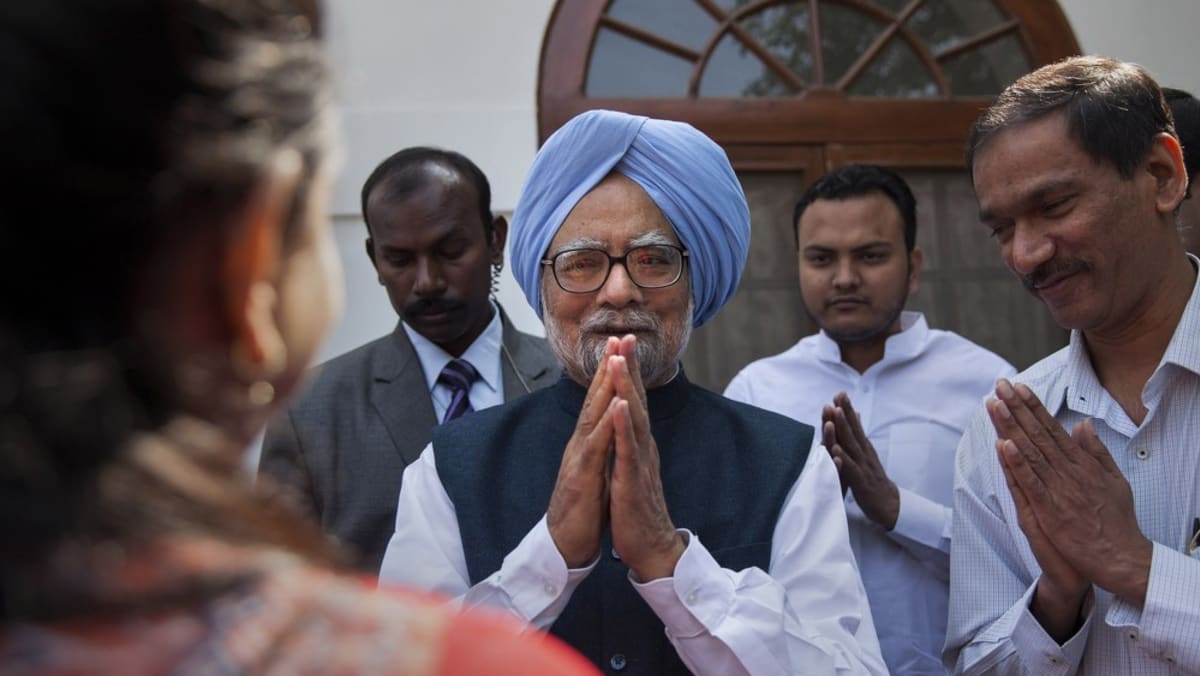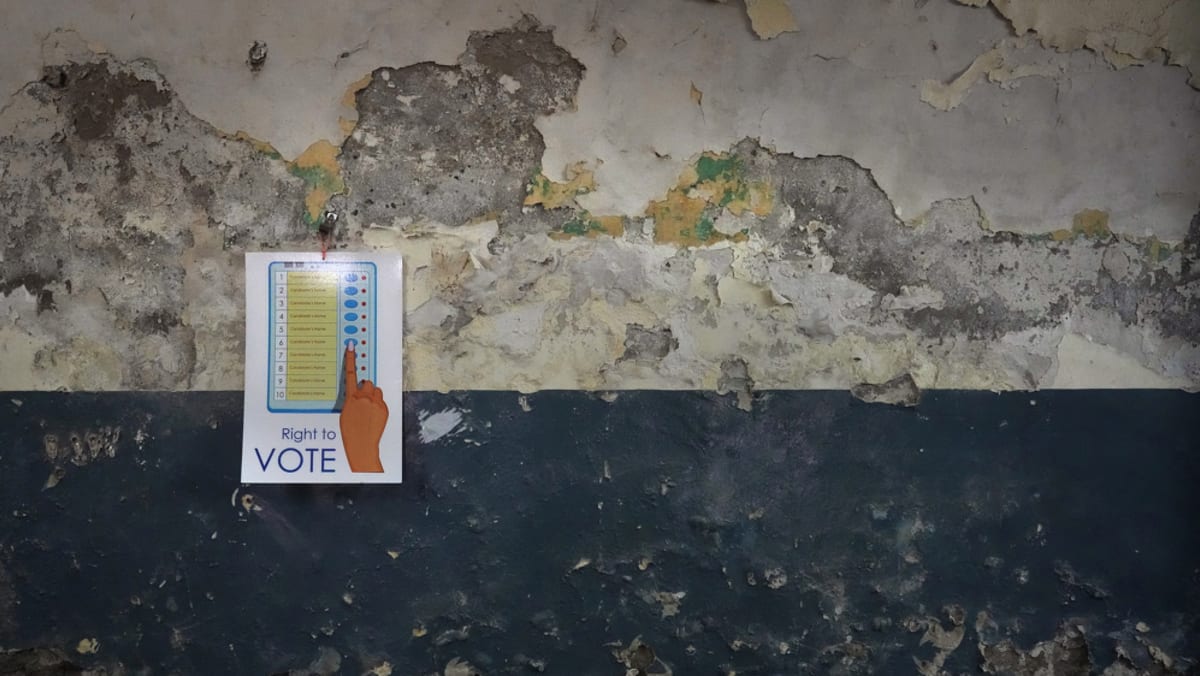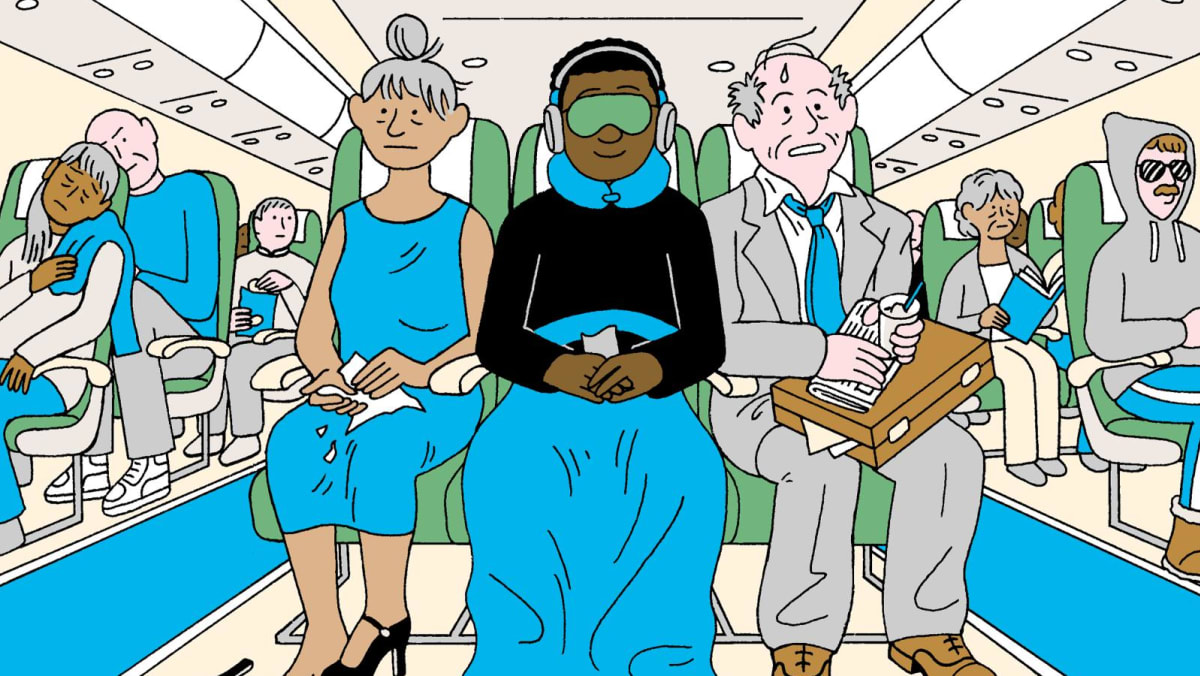SINGAPORE: 12356 - China’s new centralised national mental health helpline is missing the number four, leaving it sounding like “mei si”, which translates to “it’s okay” in Chinese.
But it isn't, netizens said, as they discussed the pros and cons surrounding the hotline and its goals of properly addressing mental health challenges in the country, which have come under the spotlight after a series of high profile public attacks late last year.
Launched by China’s National Health Commission (NHC) on Wednesday (Jan 1), 12356 aims to provide free counselling as well as “respond to urgent mental health” calls.
An increasing number of people in the country are coming under “mounting stress and pressure” and grappling with mental health problems amid “fast economic development, rapid urbanisation and a swiftly ageing society”, Xing Ruoqi, deputy director at the NHC’s medical administration, told a press conference held in late December.
“If the public wants to consult about mental health knowledge or has psychological distress or emotional problems, they can call 12356,” Xing said, adding that the line would be manned by professional hotline counsellors and made accessible to callers nationwide from May 1.
It's a “step in the right direction”, experts say, but the quality of its services is key. China's mental health care system faces numerous challenges like the shortage of trained professionals and continuing heavy stigma in the country.
“NO SHORTAGE” OF CRISIS HOTLINES
Psychotherapist Xiaojie Qin, also the director of CandleX, an organisation focusing on mental health and awareness, noted that numerous mental health helplines were already operating in China and NHC’s was just the latest.
“There is no shortage of such helplines in China," Qin told CNA, adding that while it was not a “symbolic progress marker”, it was still “a step in the right direction”.
"When we see new hotlines being announced, we should pay more attention to the quality (of services offered)," Qin said.
On Xiaohongshu, a user who went by the handle ZERO, expressed doubt and mistrust about mental health hotlines - sharing a recent experience in dealing with a psychologist at a local hospital.
“The incident left me in tears,” he said. “I just don’t trust any psychologists or counsellors. I don’t want to call (mental health hotlines) anymore.”
Another Xiaohongshu user, who went by the handle Scarecrow, shared that she was once rebuffed by a hotline handler who told her “to reflect on yourself and adjust your way of thinking”.
“Excuse me, if I could adjust (my way of thinking), would I still call? The person said the problem seemed to be me so I hung up after a while,” she wrote.
Still, a new national hotline with “a very simple and memorable number” would make it easier for people to seek help, said podcast host Feng Yushun when discussing 12356 in a mental health podcast hosted by Chinese state broadcaster CGTN.
“The more important thing is getting people to use it and making sure (they) know that it’s available,” her co-host Steve Hatherly said, adding that stigma around seeking help was still very prevalent in the country.
"Your brain needs a break sometimes, and you need to talk about your feelings sometimes. There's nothing wrong with that and that's completely and totally normal," Hatherly said.
"Knowing that asking for help when you need it is okay."
On social media, Chinese netizens weighed in on the pros and cons of using the hotline.
“This is good news but I think they (Chinese health officials) should also start to look at lowering in-person counselling fees too,” said a user on the Sina Weibo microblogging site named Jia Ling.
Others remained sceptical, raising concerns about privacy and confidentiality and questioning if it would be able to provide a truly safe space for callers.
“I worry about getting into trouble for sharing personal problems like (feelings about) work stress and dissatisfaction with (stressors) like rent and poor public transport,” said a Weibo user who went by the handle Lex Flower.
One user who had previously called a free hotline service, stressed the importance of remaining anonymous, saying it was “incredibly important” for anyone in mental distress.
“Concerns about privacy and personal information are very real and valid,” the user said.
“If one is in the middle of a major panic attack, he or she will be unable to think about the best plan of action for situations so (being reassured) by an empathetic and non-judgmental person on the other end of the line is essential and health authorities need to be aware of this,” the user added.
In a comment that drew dozens of likes, another asked: “If counsellors are expected to follow-up, do we have to provide our personal contact details like mobile number and national ID?”
Dr Xie Bin, President of the Shanghai Mental Health Center, stressed that the 12356 service would not compromise on personal security.
“Some feel that seeking help for mental health might be shameful or would affect their future but China has strict laws and regulations on personal privacy so institutions must comply (and) protect patients’ privacy,” Dr Xie said at the NHC conference in December.
Public service hotlines in China are subject to confidentiality agreements, Qin said.
With physical counselling sessions, patients are required to sign their consent and acknowledge there may be certain situations where confidentiality needs to be broken.
“If the risk of a person hurting others is relatively high, confidentiality must be broken during the counselling session,” she added.
OPERATIONAL IN SOME CHINESE CITIES
12356 came into use on Jan 1 in cities like Beijing and Guangzhou, and is expected to be accessible nationwide starting on May 1, the NHC said.
In Beijing, it began operations at 8am on Wednesday and will be in operation 24/7, said the Beijing Municipal Health Commission. “Professional hotline counsellors will provide public welfare services,” it added.
For callers in Guangzhou, 12356 now links to the city’s existing 24/7 crisis hotline, 81899120.
“In recent years, mental health problems of residents have become increasingly prominent,” said a statement by the Guangzhou Municipal Party Committee, adding that 81899120 had become an important channel for people seeking help and has received more than 300,000 calls over the years.
“81899120 has been committed to providing high-quality and efficient psychological counselling and assistance, as well as crisis intervention services to the general public,” the committee said.
“It has played an important role in preventing and reducing extreme cases for mental health support.”
Smaller prefectural-level cities are required to have at least one mental health hotline in operation, staffed by workers for a minimum of 18 hours daily, for 12356 to connect to, said the NHC.
Calls will be free of charge, NHC officials said, addressing concerns from experts and the public about the increasingly expensive costs of counselling services and treatment.
Whether or not the 12356 hotline will be a success, Beijing psychotherapist Qin feels it could still be "wait and see".
"Because we cannot see the operating model of the 12356 number, it is difficult to estimate,” she said.


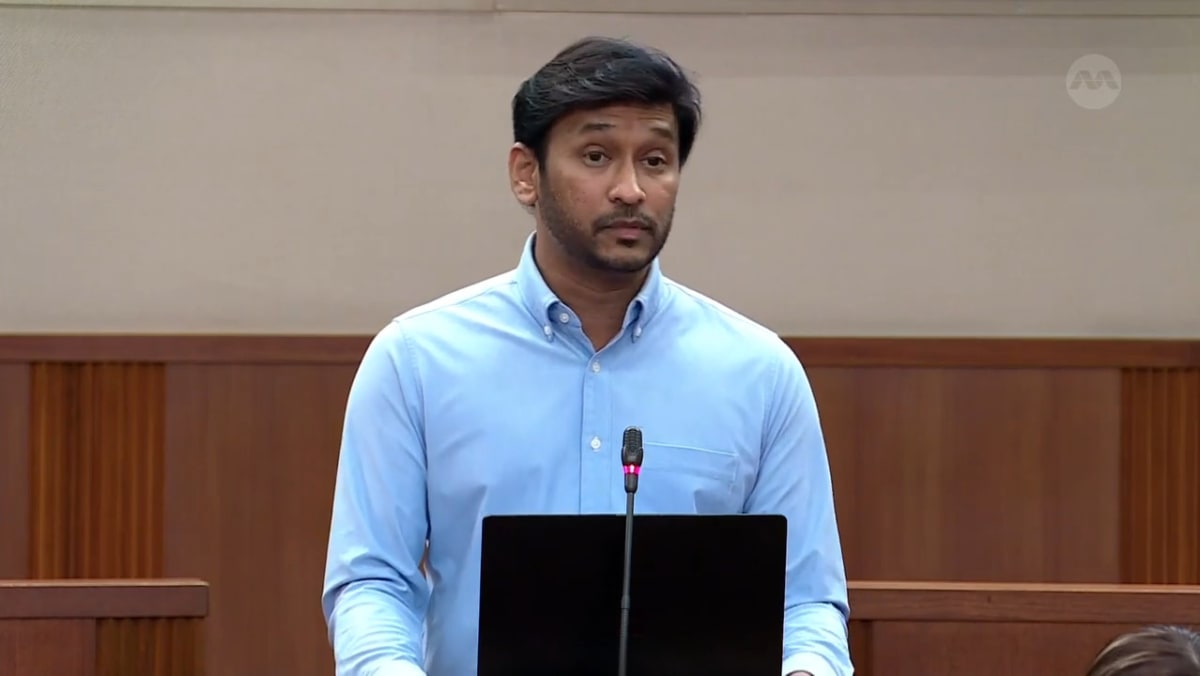
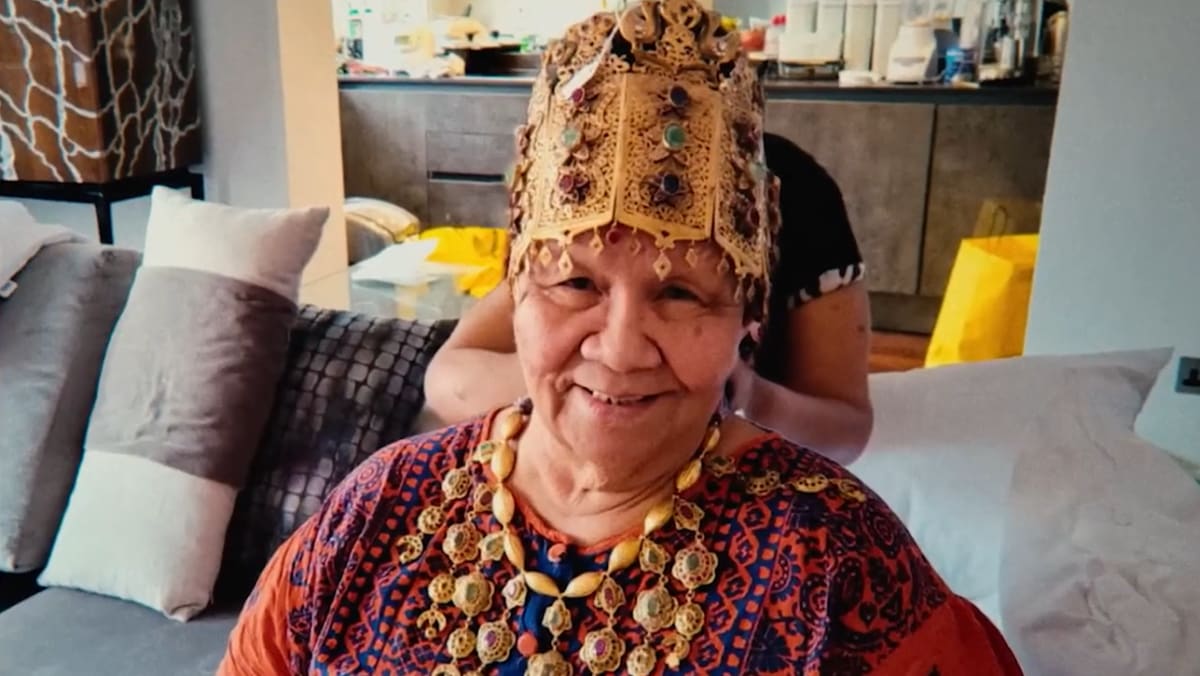
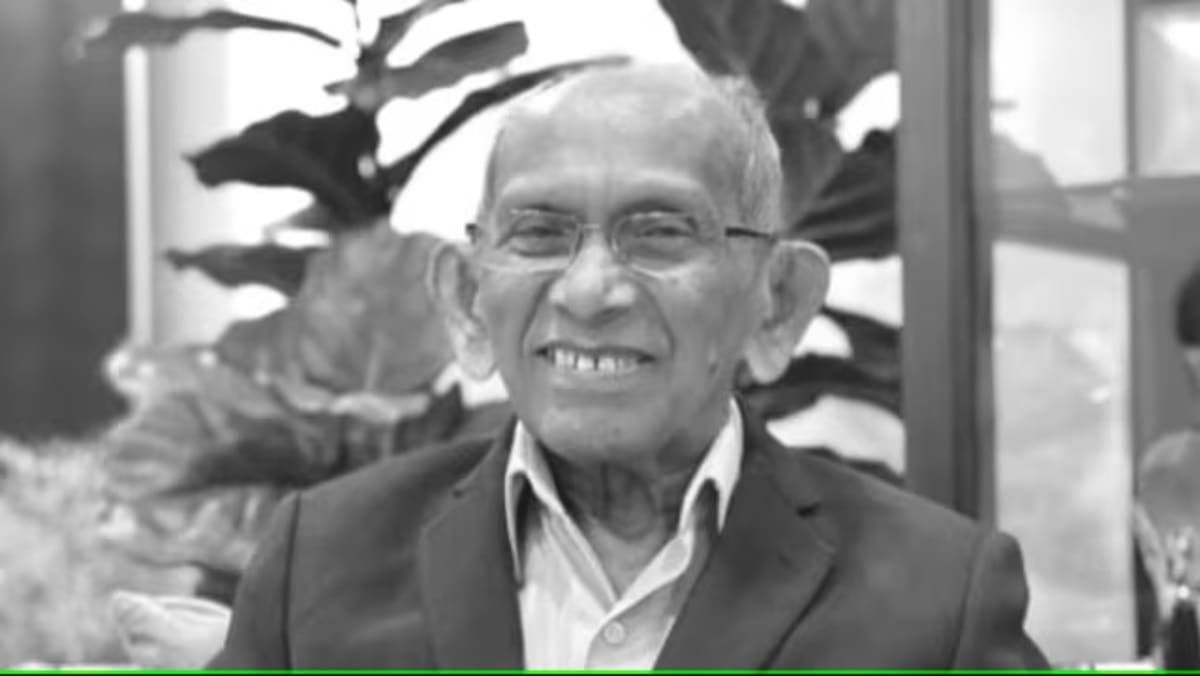


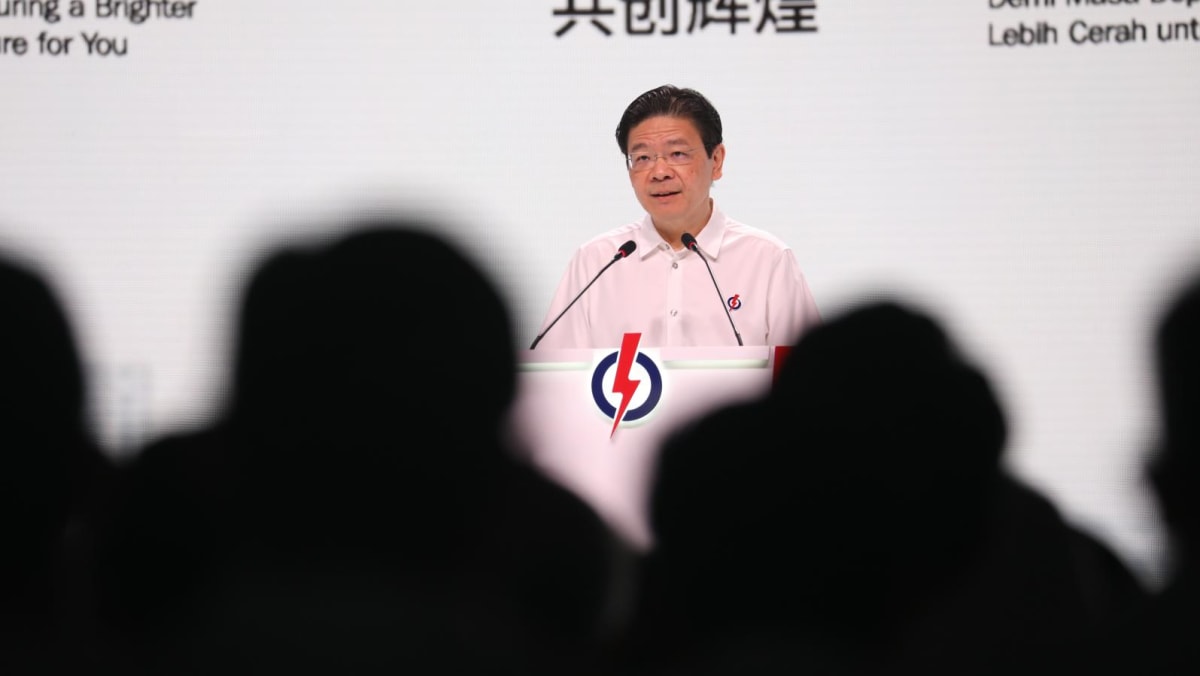
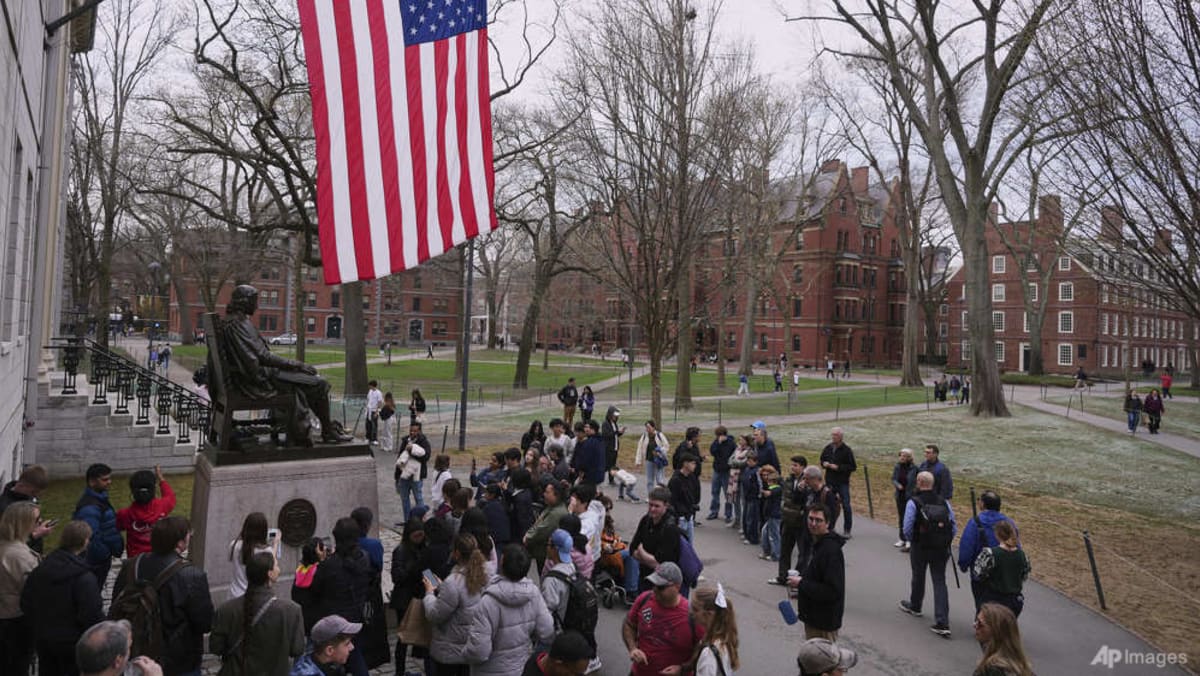
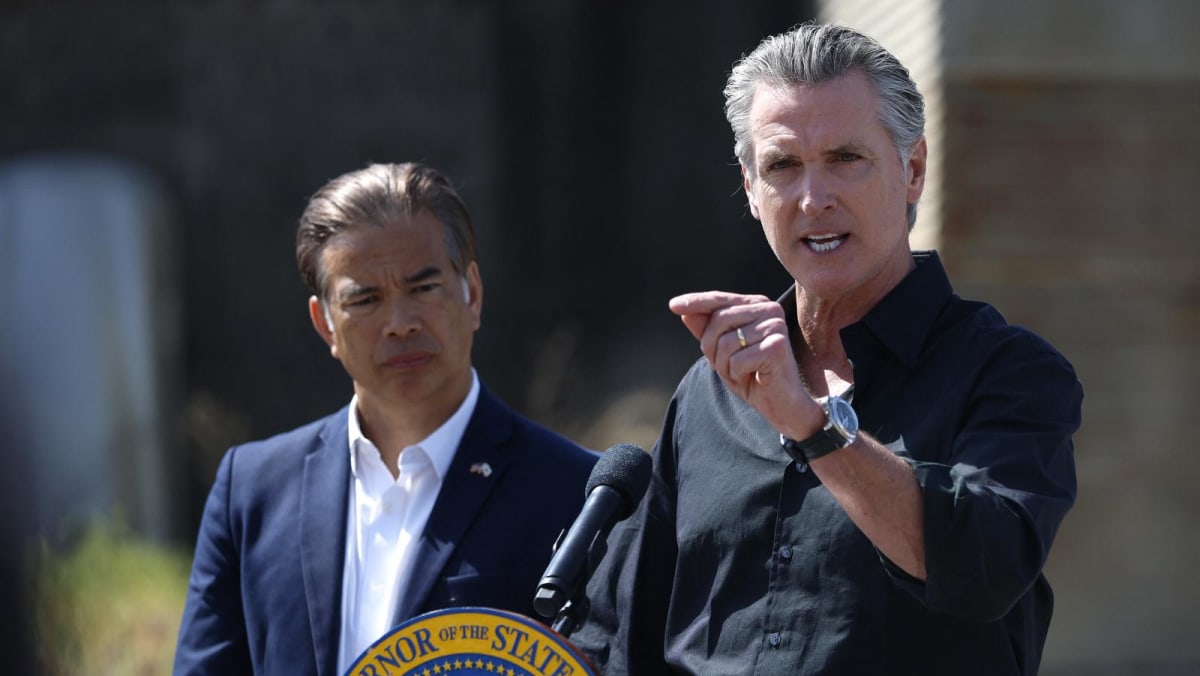
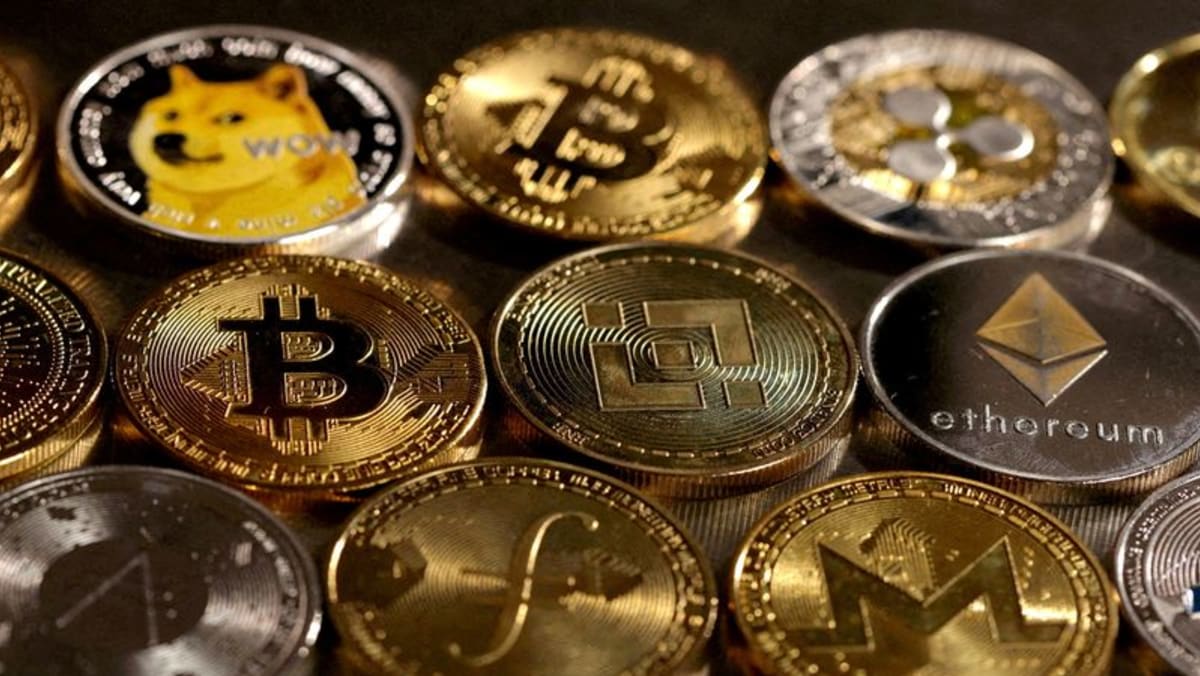

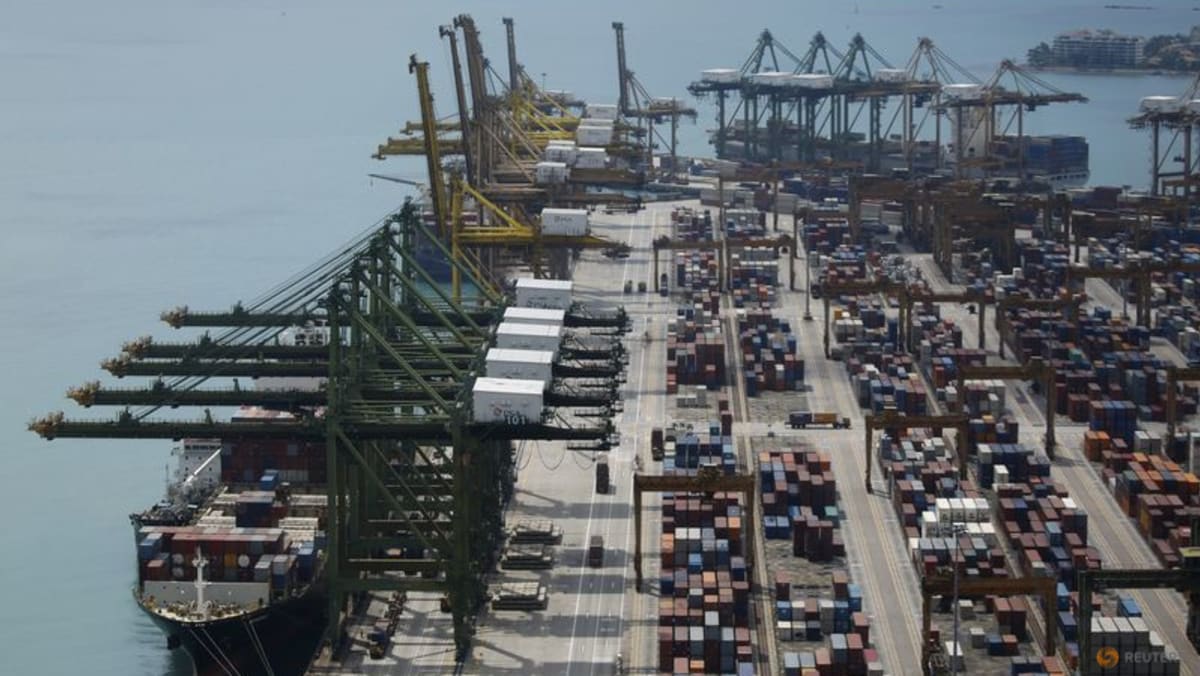

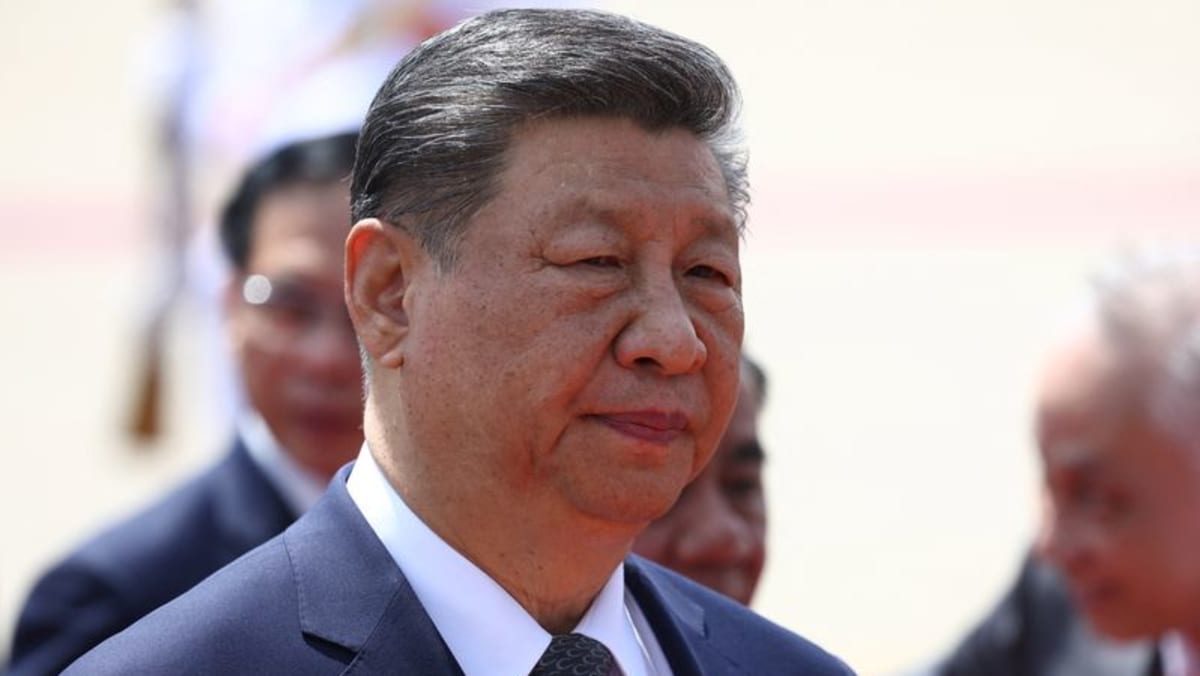
.png?itok=erLSagvf)


